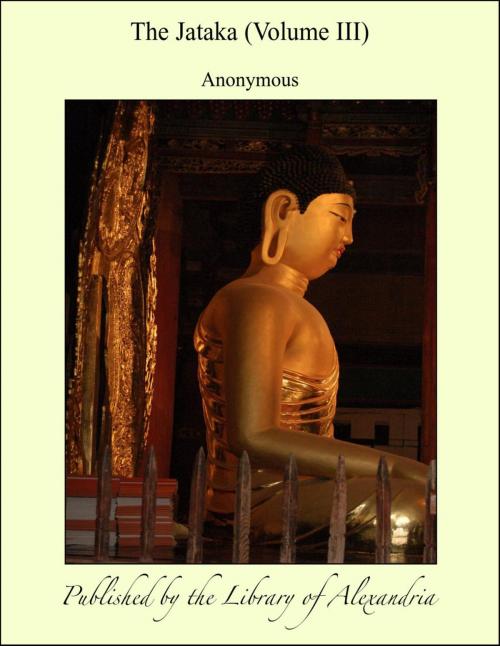| Author: | Anonymous | ISBN: | 9781465573148 |
| Publisher: | Library of Alexandria | Publication: | March 8, 2015 |
| Imprint: | Language: | English |
| Author: | Anonymous |
| ISBN: | 9781465573148 |
| Publisher: | Library of Alexandria |
| Publication: | March 8, 2015 |
| Imprint: | |
| Language: | English |
Tradition says that Licchavis of the ruling family to the number of seven thousand seven hundred and seven had their abode at Vesālī. And all of them were given to argument and disputation. Now a certain Jain, skilled in maintaining five hundred different theses, arrived at Vesālī and met with a kind reception there. A female Jain too of a similar character also came to Vesālī And the Licchavi chiefs got up a disputation between them. And when they proved well matched as disputants, the Licchavis were struck with the notion that such a pair would be sure to have clever children. So they arranged a marriage between them, and as the issue of this union in due course four daughters and a son were born. The daughters were named Saccā, Lolā, Avavādakā, and Paācārā, and the boy was called Saccaka. These five children when they reached years of discretion learned a thousand different theses, five hundred from the mother and five hundred from the father. And the parents schooled their daughters after this manner: "If any layman refutes your thesis, you are to become his wives, but if a priest refutes you, you must take orders at his hands."
Tradition says that Licchavis of the ruling family to the number of seven thousand seven hundred and seven had their abode at Vesālī. And all of them were given to argument and disputation. Now a certain Jain, skilled in maintaining five hundred different theses, arrived at Vesālī and met with a kind reception there. A female Jain too of a similar character also came to Vesālī And the Licchavi chiefs got up a disputation between them. And when they proved well matched as disputants, the Licchavis were struck with the notion that such a pair would be sure to have clever children. So they arranged a marriage between them, and as the issue of this union in due course four daughters and a son were born. The daughters were named Saccā, Lolā, Avavādakā, and Paācārā, and the boy was called Saccaka. These five children when they reached years of discretion learned a thousand different theses, five hundred from the mother and five hundred from the father. And the parents schooled their daughters after this manner: "If any layman refutes your thesis, you are to become his wives, but if a priest refutes you, you must take orders at his hands."















